Wood Earthworks LLC
Serving Moore, Lee, Hoke and Surrounding Areas in North Carolina
Land Service Experts Serving The People of Moore, Lee, and Hoke
Wood Earthworks LLC is a family-owned land management company based in Carthage, NC. With a steadfast commitment to hard work and genuine care, we treat every project as if it were our own. Our team brings years of expertise to the table, ensuring that each land management task is executed with precision and dedication. At Wood Earthworks LLC, our mission is to transform landscapes while building lasting relationships with our clients through trust and exceptional service.

Land Clearing
Land clearing using heavy equipment involves the removal of trees, stumps, brush, stones, and other obstacles from a piece of land. This process typically employs bulldozers, excavators, and backhoes to efficiently prepare the terrain for construction, agriculture, or other projects, ensuring a clear and level surface.
Increased land value
Enhanced Land Usability
Improves soil health
Erosion control
Grading
Grading involves the process of leveling or smoothing out terrain using heavy equipment such as bulldozers, graders, and excavators. This is essential for preparing construction sites, ensuring proper drainage, and creating a stable foundation for various projects.
Cost Effective
Prevents erosion
Enhances soil quality
Increased Property Value
Excavation
Excavation using heavy equipment involves the systematic removal of soil, rock, and other materials from a site to prepare it for construction or other purposes. Machines like excavators, bulldozers, and backhoes are utilized to efficiently dig, lift, and transport materials, ensuring the project progresses swiftly and safely.
Minimizes erosion
Prepares land for development
Optimizes land use
Improves drainage
Rated 5 out of 5
Satisfied Customers Say:
Lorem ipsum dolor sit amet, consectetur adipiscing elit. Ut elit tellus, luctus nec ullamcorper mattis, pulvinar daxqpibus leo.Lorem ipsum dolor sit amet, consectetur adipiscing elit. Ut elit tellus, luctus nec ullamcorper mattis, pulvinar daxqpibus leo.
John DoeCEO
Lorem ipsum dolor sit amet, consectetur adipiscing elit. Ut elit tellus, luctus nec ullamcorper mattis, pulvinar daxqpibus leo.Lorem ipsum dolor sit amet, consectetur adipiscing elit. Ut elit tellus, luctus nec ullamcorper mattis, pulvinar daxqpibus leo.
John DoeCEO
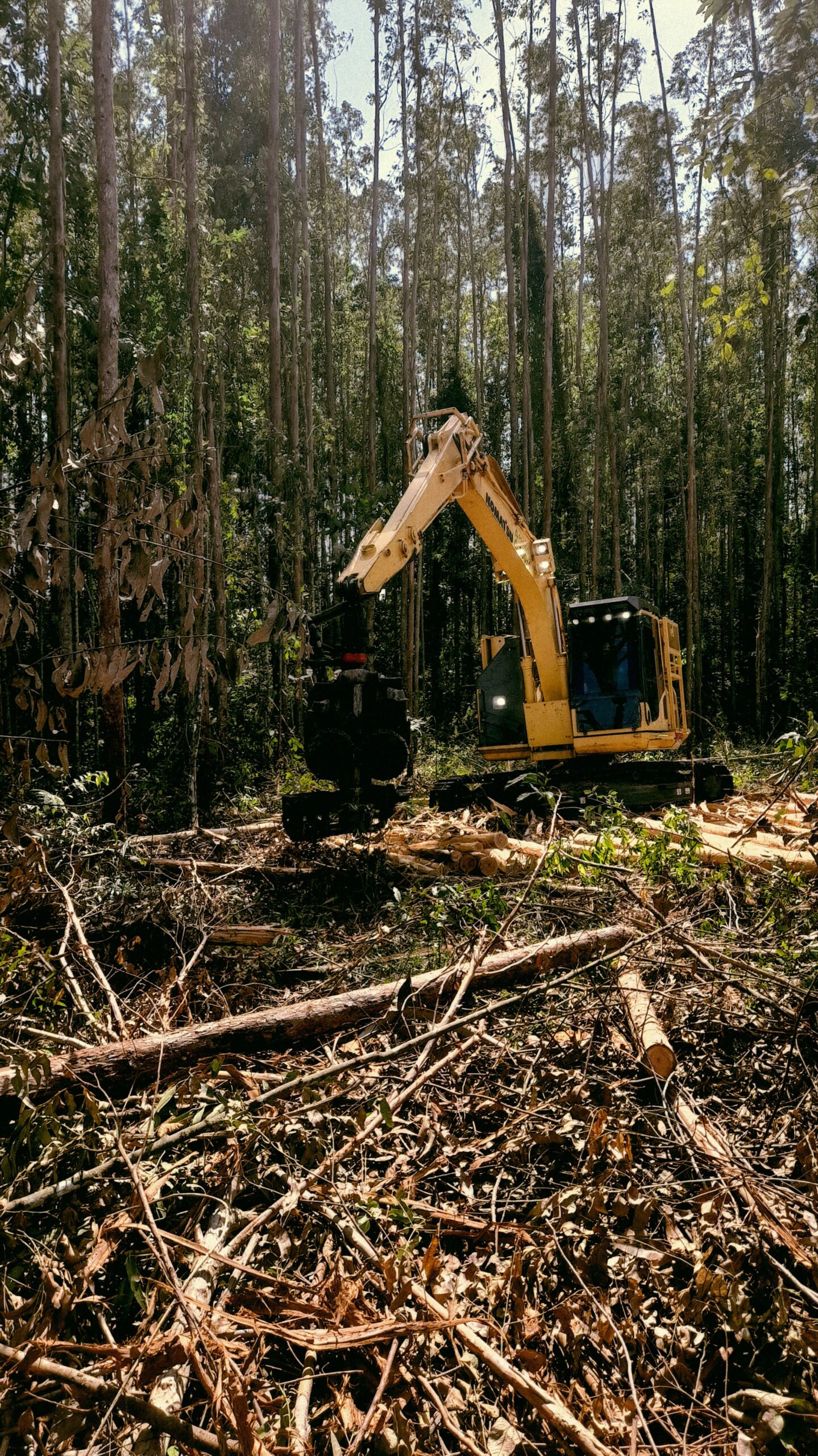
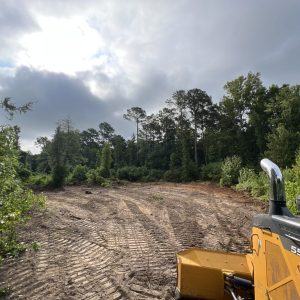
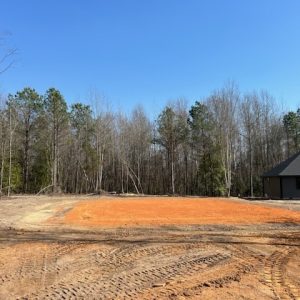
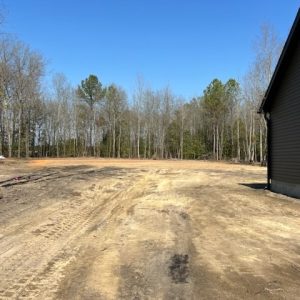
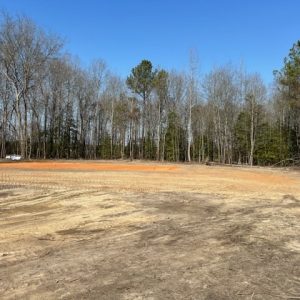
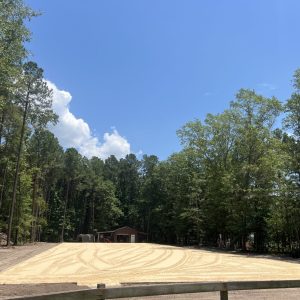
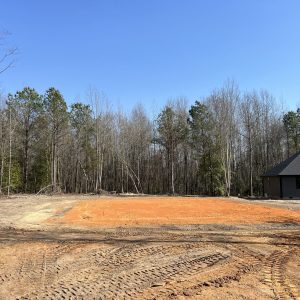
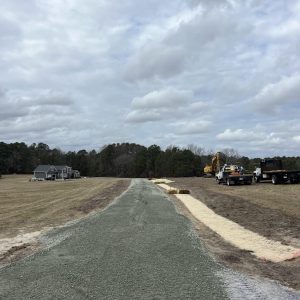
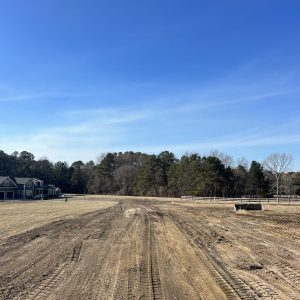
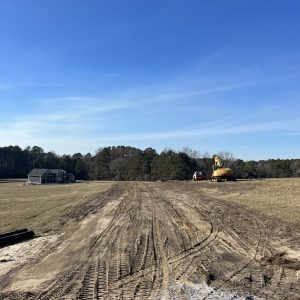
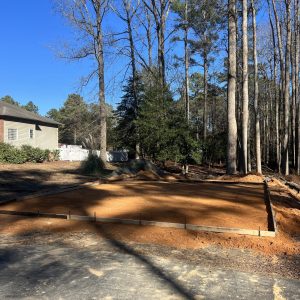

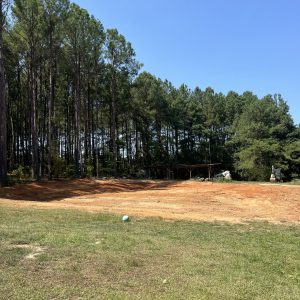
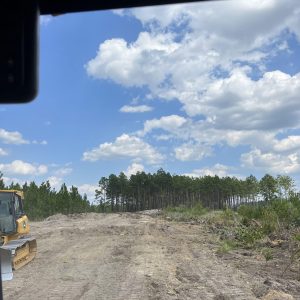
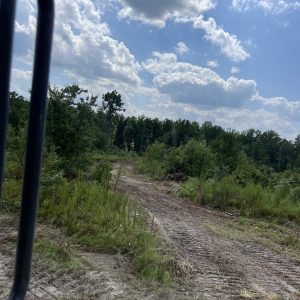
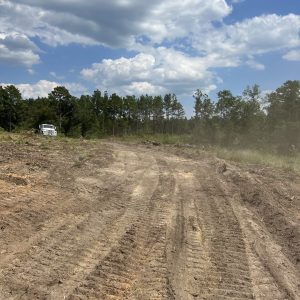
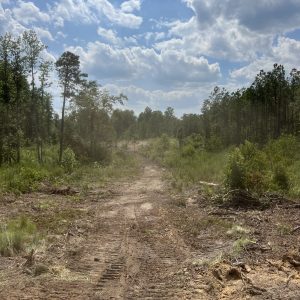
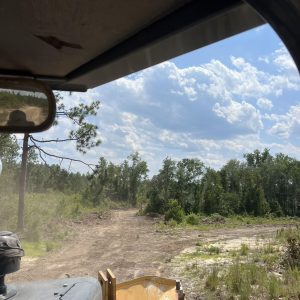


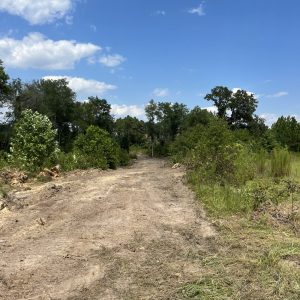
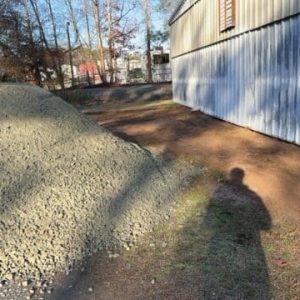
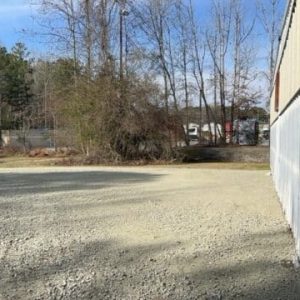
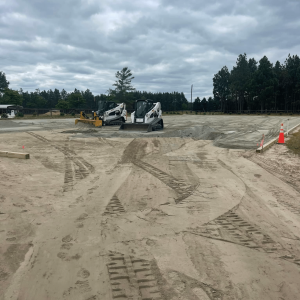
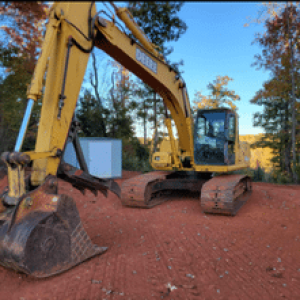
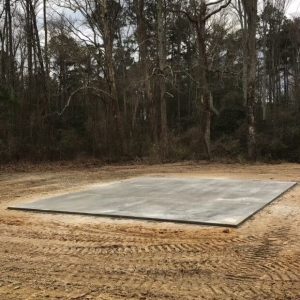
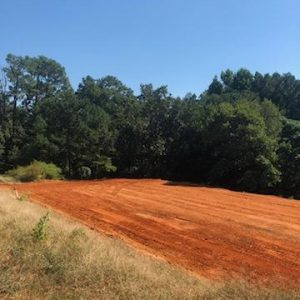
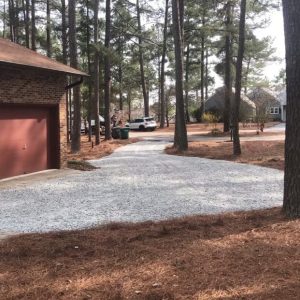
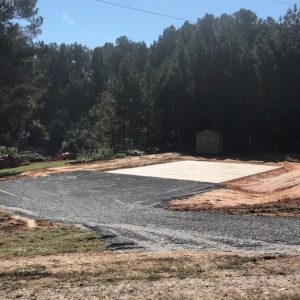
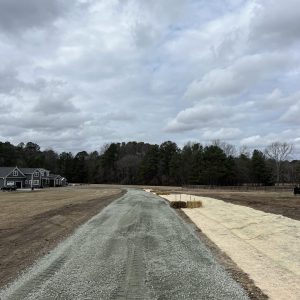
Frequently Asked Questions
Land clearing and grading are distinct processes essential in site preparation for construction and landscaping projects. Land clearing involves the removal of trees, shrubs, and other vegetation, as well as rocks and debris, to create a clean slate for development. This process ensures that the land is free from obstacles that could hinder construction or landscaping activities. On the other hand, grading focuses on shaping the land’s surface to ensure proper drainage and create a stable foundation. This involves cutting, filling, and leveling the soil to achieve the desired elevation and slope. While land clearing prepares the site by removing unwanted materials, grading fine-tunes the land’s topography to meet specific project requirements, ensuring both functional and aesthetic objectives are met.
- Improved Drainage: Proper grading ensures that water flows away from structures, reducing the risk of flooding and water damage.
- Enhanced Stability: Grading creates a stable foundation for construction, preventing soil erosion and settling that can compromise building integrity.
- Erosion Control: By shaping the land appropriately, grading minimizes soil erosion, protecting the landscape and nearby water bodies from sediment runoff.
- Optimized Land Use: Grading allows for the efficient use of land by creating a level surface suitable for various activities and structures, maximizing the usability of the property.
- Aesthetic Appeal: Well-graded land provides a smooth, attractive landscape, enhancing the visual appeal of the property.
- Increased Property Value: Properly graded land can boost property value by creating a more functional and visually appealing site.
- Improved Accessibility: Grading can create smooth, even surfaces that are easier to navigate, improving access for vehicles and pedestrians.
- Enhanced Landscaping: Proper grading provides a suitable foundation for landscaping features like gardens, lawns, and outdoor recreational areas.
- Foundation Preparation: Grading ensures a solid base for laying foundations, reducing the risk of future structural issues.
- Compliance with Regulations: Grading helps meet local building codes and regulations, ensuring that construction projects are legally compliant and safe.

